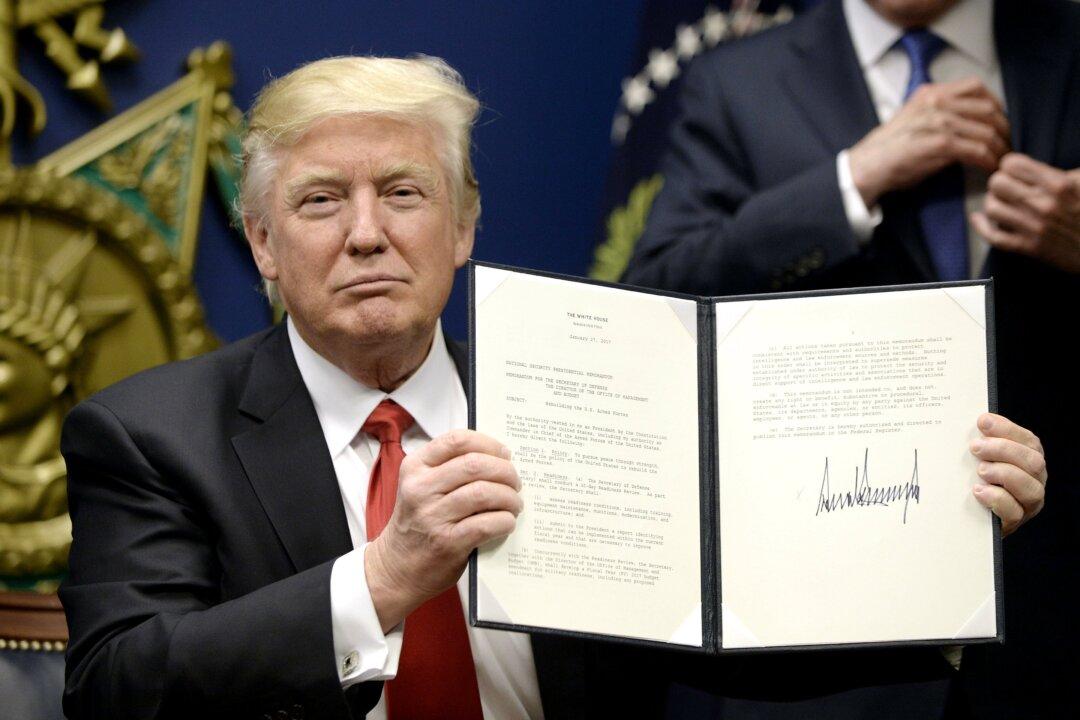Since the women’s and men’s protest marches around the world the day after Donald Trump’s inauguration and the enactment of a number of his presidential orders since, it has become difficult for Canadian friends of the United States to remain confident that, post-election, his rhetoric will change.
Well before election day, many across Canada and the world appeared uneasy with his lack of qualifications to lead a major American political party, especially compared to Hillary Clinton’s impressive civil service resume.
Clinton’s 2014 book “Hard Choices” called for more reorienting of American foreign policy towards “smart power,” by which she meant choosing the best combination of diplomatic, economic, political, technological, military and cultural tools. As a candidate, she was publicly committed to reach out to other nations to build a world, as she put it, with “more partners and fewer adversaries.”
Clinton was not without controversy and many blamed her for some of the less than stellar U.S. policies over the years. This would have been her chance to put her agenda forward and not promote that of someone else.
In Trump’s first days in office, most worrying of all were his executive orders late last week banning residents of seven Muslim-majority countries, having a combined population of about 130 million, from entering the United States for the next 90 days and suspending the admission of all refugees for 120 days.
The first was no doubt perceived as hostile by many of the world’s more than two billion Muslims, the overwhelming majority of which live peaceful lives.
Travelers who fell within the ban’s criteria but were already in the air headed for the United States on Friday, when Trump signed the executive order, were detained on arrival at U.S. airports. Others with visas and airline tickets were prevented from boarding aircraft bound for the United States—some even becoming stranded abroad—as airlines and officials struggled to comply with the chaotic new U.S. immigration policy.
Fortunately, a federal judge on Saturday night issued an emergency stay for people already arrived in America and those in transit, holding valid visas, ruling they can legally enter the United States.
Anthony D. Romero, the director of the American Civil Liberties Union, noted, “Clearly the judge understood the possibility for irreparable harm to hundreds of immigrants and lawful visitors to this country. Our courts today worked as they should as bulwarks against government abuse or unconstitutional policies and orders.”





